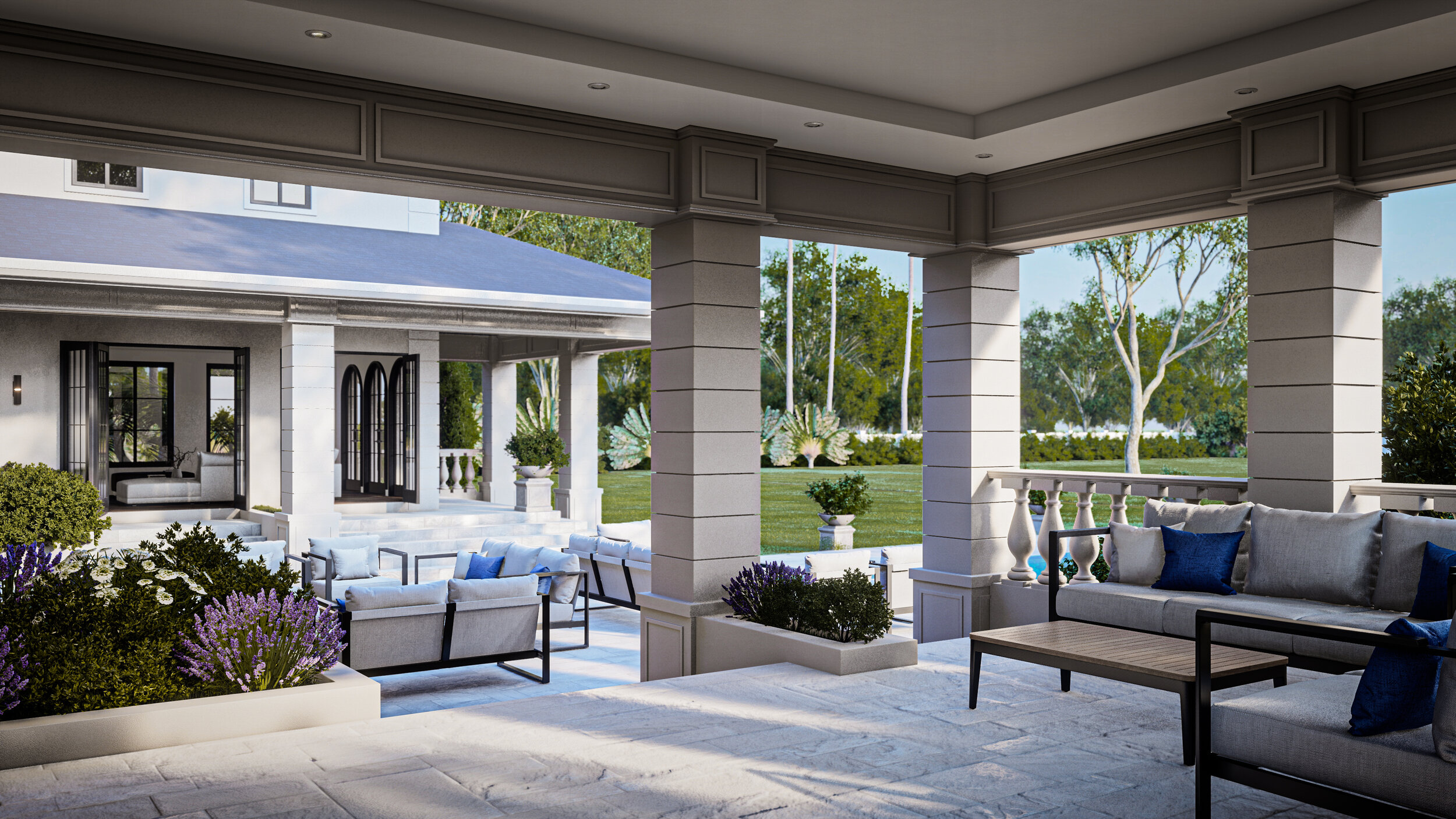Important questions to ask before choosing an architect in Jamaica.
Planning to build your new house or building in Jamaica?
Here are 10 main questions to ask before hiring an architect.
Besides choosing your builder, selecting the right architect is the most important decision you’ll make along your custom home building journey. The relationship between client and architect is very personal, as you’ll be spending hours and hours with each other discussing vision and dreams for your home as well as your habits, lifestyle, family, and tastes.
The first step to take when searching for the right architect in Jamaica is to ask people you trust for recommendations. If you come up empty, go online, or feel free to ask us for a few recommendations if you’d like. Throughout the past 30 years, we have worked with Houston’s most gifted residential architects and we continually research up-and-comers to identify new high-quality talent.
Be sure to research several architects and interview the top 2 or 3 who seem to match your personal design aesthetic. These face-to-face meetings will give you a feel for each architect’s design philosophy, process, and strengths, as well as help you determine the best personality fit for you.
If you have already decided to build the home of your dreams, contact us NOW.
To make this process a little easier for you, below is a list of 10 questions you may want to consider when meeting with your top-choice architects:
1. What are the main values and principles the architect refers to when designing your home?
The answer to this question will vary from architect to architect. Some examples of thoughtful answers might include functionality, a connection with the outdoors, energy efficiency, conversations (asking questions), a collaborative design process, and transparency throughout the project.
2. What is the way architect gather information about your needs, goals, vision, ideas, etc.?
For everything to go well, your architect will need to gather a lot of information from you (needs, goals, design priorities, lifestyle attributes, design ideas, inspiration photos, etc.). They will use all of that information to make informed decisions about your design. Having a clear and systematic way of gathering that information is a really good sign.
3. What are the procedural steps in their architectural design process?
This will paint a picture of how they operate and how they organize their process.
4. What will the architect show you along the way to explain the project and help you visualize the design (models, drawings, sketches, 2-D or 3-D renderings)?
This will give you insight into how they help their clients visualize their homes during this design phase. If you know it will likely be difficult for you to visualize your future home, the more tools the better.
5. What does the architect see as important considerations or possible challenges in your project?
Listening to the architect speak about this will give you a glimpse into how they approach problems and identify potential solutions.
6. Who on their team fleshes out the initial design concept, and who takes it from there to finalize the plans?
This is important just to be sure that the experienced veterans and visionaries will have a hand in designing your initial concept. How they answer will also give you a little more information into the experience and strengths of their entire team.
7. What is the architect’s current workload and capacity? What is the proposed timeline for delivering a design for a home like yours?
This is important to gauge how much time and manpower the firm currently has to devote to drawing your home. How they answer this question will also let you know whether or not they have a system in place for assigning projects, monitoring project status & progress, and keeping all projects moving along at an appropriate pace.
You’ll want to know how long it will take for a preliminary design concept (basic floor plan and elevation) to be developed as well as how long it will take to finalize plans in CAD. Once you have a preliminary design concept, you’ll want to move forward with selecting your builder who will play a crucial role in making sure your home design aligns with your budget throughout the remainder of the architectural phase.
8. What is their fee structure? What is included in your basic services and what services would incur additional fees?
This will help you to better understand their program and serve to establish clear expectations for you.
9. If the scope of the project changes later, will there be additional fees? How will the fees be calculated and communicated to me?
During this phase, changes in the scope of the project are possible. You may change your mind about a design aspect or two, or the architect may run into some kind of unforeseeable obstacle. You’ll want to know how the architect handles fees in those kinds of situations.
10. Can the architect provide a list of references?
Be sure to follow up with their references. It’s a given that the references will be clients who had a positive experience with the architect, but these conversations can be helpful in getting a feel for what the architect’s specific strengths are.


